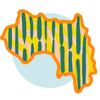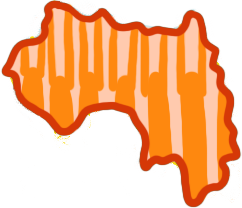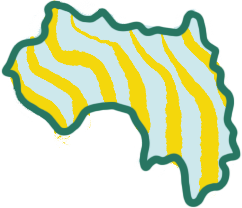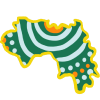Greetings
- i
- you
- álu
- you (plural)
- I/álu (ni) sɔɔma
- Good morning
- I/álu ni tele
- Good day
- I/álu ni wura
- Good afternoon
- I/álu ni su
- Good evening
- Nba
- male greeting response
- Nse
- female greeting response
- I/álu ni baara
- Hi (to someone working)
- I/álu ni fama
- "It's been a long time"
- I/álu ni tunun
- "I haven't seen you in a while"
- I/álu ni taama
- You and travel
- I/álu ni lɔɔ
- You and the market
- I/álu ni sɛnɛ
- Welcome
- I/álu dansɛ
- Welcome [Jula]
- I/álu ni ke
- "thanks"; "hi"




